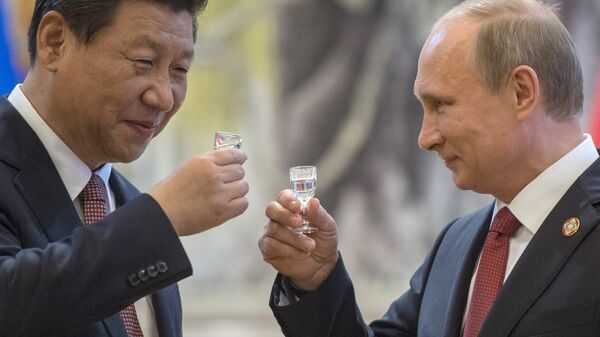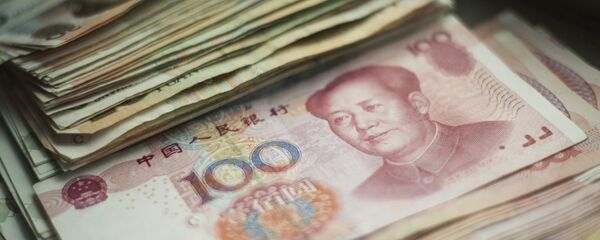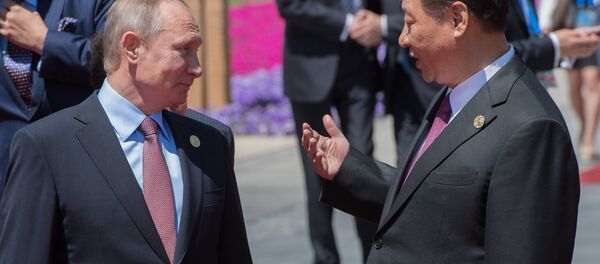According to Xiang, Russian and Chinese businesses have a large potential for cooperation, but it is yet to be developed.
"Russia and China should widen their cooperation. Our economies have a large potential to complement each other. China is developing industrial production while Russia is rich in natural resources. Resources are the key source for trade," Xiang said.
"The governments of Russia and China have already put much effort in this. But I think we should let Russian and Chinese companies deepen their cooperation because currently bilateral contacts are not that broad," Xiang noted.
The expert also highlighted other problems concerning Russia-Chinese economic cooperation. According to him, there are few large-scale projects and there is a lack in Chinese investments to Russia, especially by private companies.
"Investments come mostly from Chinese state-controlled companies. I hope private companies will be more active in the future. What is the current problem? Possibly, Russia is not open enough for foreign investments due to legal issues. The main destinations for Chinese investments are the United States and Europe. In terms of law and regulations, Russia is in a transitional stage, and investors do not want to take the risk due to this uncertainty," Xiang said.
The expert noted that the forum in St. Petersburg, as well as the Eastern Economic Forum (EEF) in Vladivostok, could be very helpful to overcome the current difficulties.
The SPIEF is a major global platform for business representatives where crucial economic issues are discussed. The 21st annual forum kicked off on Thursday and will run for three days. The total number of participants, comprising foreign ministers, entrepreneurs and representatives of various international organizations, is estimated at over 5,000.
Beijing said it will be represented at the forum by a high-level delegation of businessmen and officials.
Never miss a story again — sign up to our Telegram channel and we'll keep you up to speed!




